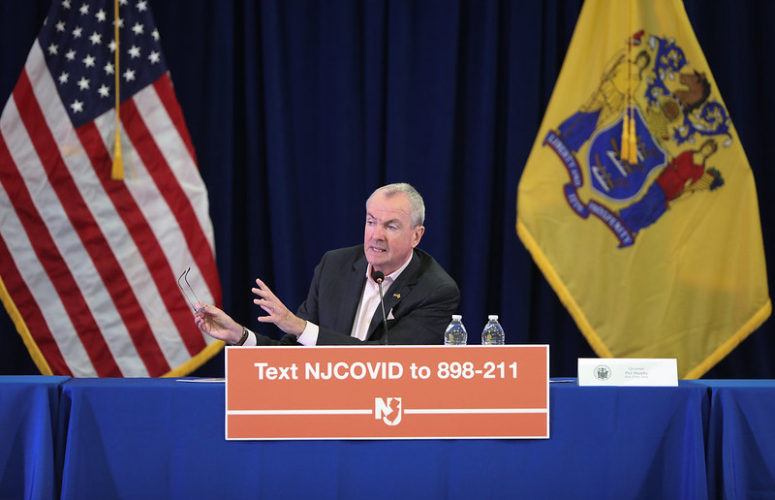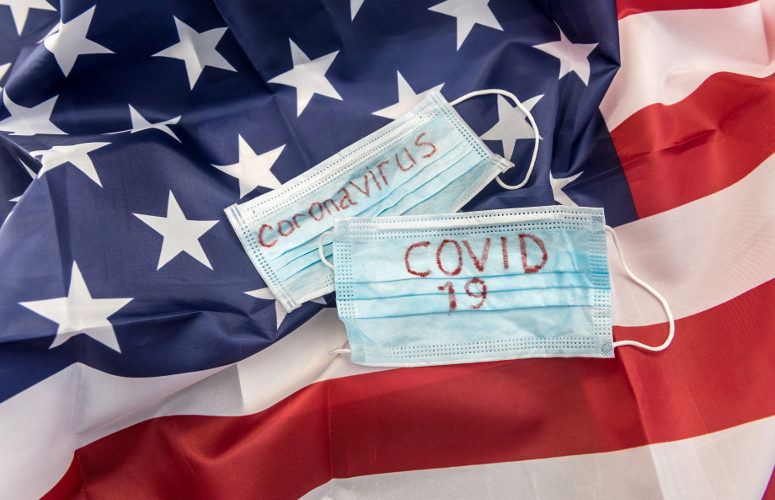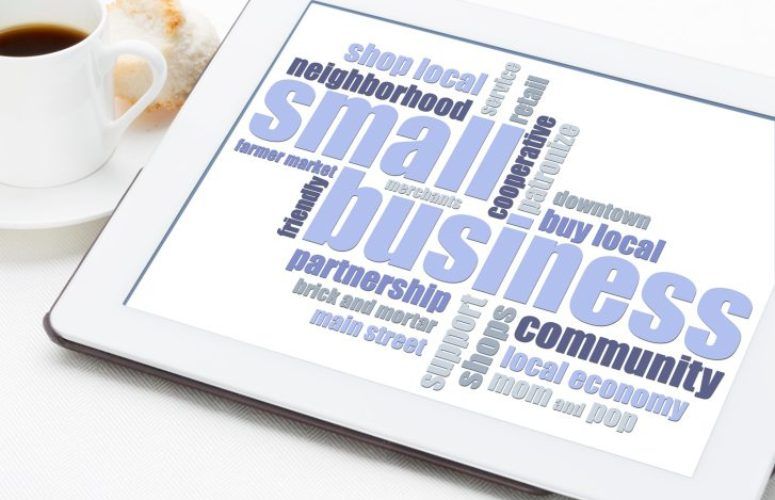
Mortgage Grace Period & New Funding Sources for Healthcare Providers Announced
By Anthony Birritteri, Editor-in-Chief On Mar 28, 2020Gov. Phil Murphy today announced that the state is initiating a 90-day mortgage grace period for families that are being impacted by the COVID-19 crisis. Partners in the initiative include national mortgage lenders such as Citigroup, JP Morgan Chase, US Bank, Wells Fargo, and Bank of America, as well as many state-chartered lending institutions and mortgage service providers.
The 90-day grace period cannot be used to downgrade anyone’s credit rating, and late fees and other associated costs would also be waived, the governor said.
“This announcement builds on the moratorium on removals of individuals pursuant to foreclosures or evictions that I previously instituted in Executive Order 106,” Gov. Murphy said. “Today, we are going further and announcing that these financial institutions are committing to not initiate foreclosure sales or eviction proceedings for at least 60 days.”
Combined with the 90-day grace period, this means, “many families can breathe easier and keep their heads above water,” Murphy said, adding that upcoming mortgage payments for many impacted families “loom large and foreboding.”
He added, “I urge financial institutions and credit card companies to do right thing, like lowering credit card interest rates, waiving late fees and exercising compassion when people call with their financial hardships.”
Talking directly to apartment renters, Gov. Murphy stressed that, under the Executive Order, “a landlord can’t kick you out of your home … period! For landlords getting mortgage relief today, we expect them to provide similar relief to their tenants.”
Addressing landlords directly he said, “Now is the time to show compassion and work with renters to ensure they stay safe and at home. This is not the time to be raising rents. We will make examples of you for violating the law,” Gov. Murphy said.
Murphy advised renters to visit the state’s portal at covid19.nj.gov for rental assistance information.
Also announced and signed today was Executive Order No. 111, directing healthcare facilities to report daily data concerning their capacity and supplies to the New Jersey Office of Emergency Management (OEM). The healthcare facilities subject to this requirement include licensed acute care hospitals, long-term care facilities, hospital systems, and emergency field treatment medical facilities, with OEM having the ability to make additions or clarifications to this list. The data required to be submitted, such as bed capacity, ventilators, and PPE, shall be specified by OEM. This reporting will be required by 10 a.m. on a daily basis starting tomorrow.
“Personal protective equipment for our frontline healthcare workers and first responders is critically important to fighting COVID-19,” Gov. Murphy said.“We must work within our healthcare networks to ensure that we are properly disbursing the PPE we receive from the national stockpile and donations proactively. Today’s Executive Order will allow us to more efficiently and effectively manage the flow of personal protective equipment as hospitals begin expanding their capacities to meet the need of more COVID-19 patients, and allow us to have constantly up-to-date data on bed capacity throughout the state.”
In other news, Gov. Murphy detailed two new initiatives that will assist healthcare organizations with expenses related to the COVID-19 pandemic.
The first is a $140-million pre-payment to healthcare providers to support preparations related to COVID-19. Additionally, the New Jersey Health Care Facilities Financing Authority (NJHCFFA) has launched a $6-million emergency loan program to assist New Jersey’s healthcare organizations during this time.
“This funding will help healthcare facilities most in need of support, such as hospitals and federally qualified health centers,” said New Jersey Health Commissioner Judy Persichilli. “Healthcare professionals are on the frontlines and the state is committed to helping them get the resources they need.”
The pre-payment, which advances $67.3 million in Charity Care, $60.5 million in Graduate Medical Education, and $14.6 million for University Hospital, will support increasing capacity to meet the anticipated patient growth including workforce demands, supplies, and medications. The Charity Care and Graduate Medical Education funds will be an advance of remaining fiscal year 2020 budget allocations for those programs.
The COVID-19 Aid program, which was approved by NJHCFFA Thursday, is a $6 million loan program to offset some of the unforeseen expenses incurred by this pandemic.
The NJHCFFA expects to begin receiving requests as early as next week. Health care organizations treating COVID-19 patients may contact the New Jersey Health Care Facilities Financing Authority at [email protected] if they are interested in applying for a loan through the program.
Related Articles:





